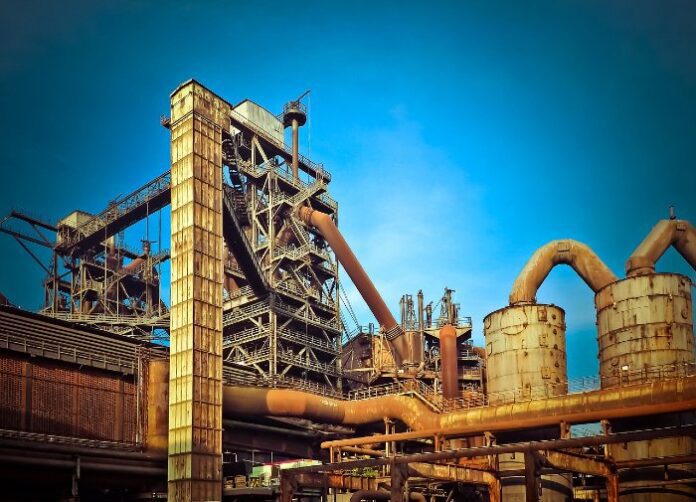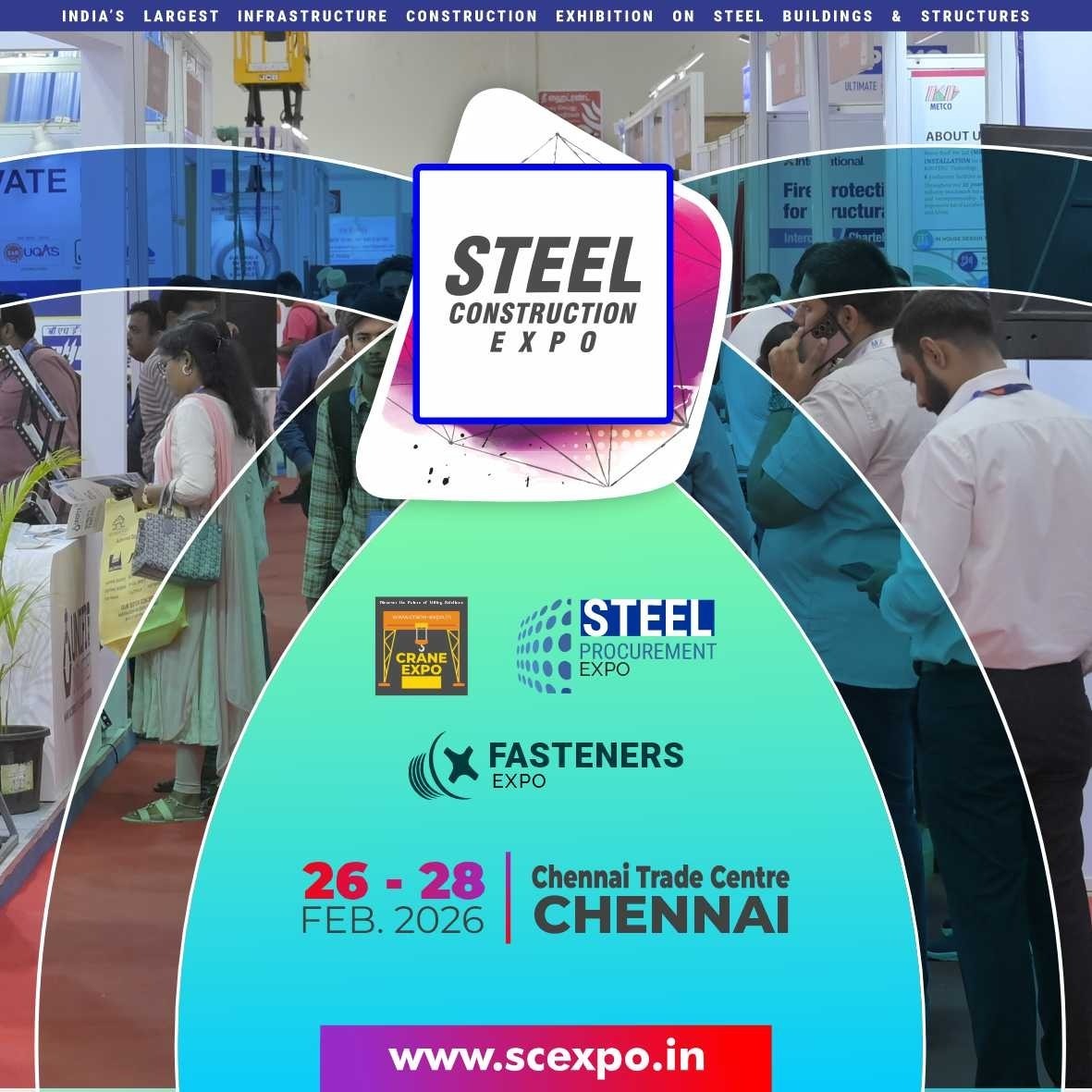India’s Ministry of Steel is actively pursuing partnerships with Japan to curb carbon emissions in steel production. Collaborating with Japanese institutions, the ministry aims to embrace specific technologies funded through project financing. The goal is to foster more environmentally sustainable methods within steel manufacturing.
Two ongoing decarbonization projects are underway. The first involves integrating green hydrogen as an alternative fuel, partially substituting coal. The second focuses on innovating coke-making technologies to reduce coking coal usage while enhancing oven productivity.
The initial project, COURSE 50, targets a 30 percent reduction in blast furnace carbon dioxide emissions by introducing hydrogen in place of some coke. Utilizing reformed coke oven gas (COG) injection and carbon capture, usage, and storage (CCUS) are key strategies to lower blast furnace emissions.
The second initiative, SCOPE 21, showcases an advanced coke-making process developed by Japan’s steel industry. It enables higher plant productivity by using larger quantities of non-coking or slightly coking coal for coke production.
India has set ambitious targets to cut carbon emissions by 45 percent by 2030, 70 percent by 2047, and achieve complete decarbonization by 2070. Plans include introducing 1,500 GW of non-fossil fuel energy by 2030, prioritizing the replacement of thermal power with renewable energy in the steel sector. Moreover, the National Green Hydrogen Mission (NGHM) aims to produce five MT of green hydrogen.




